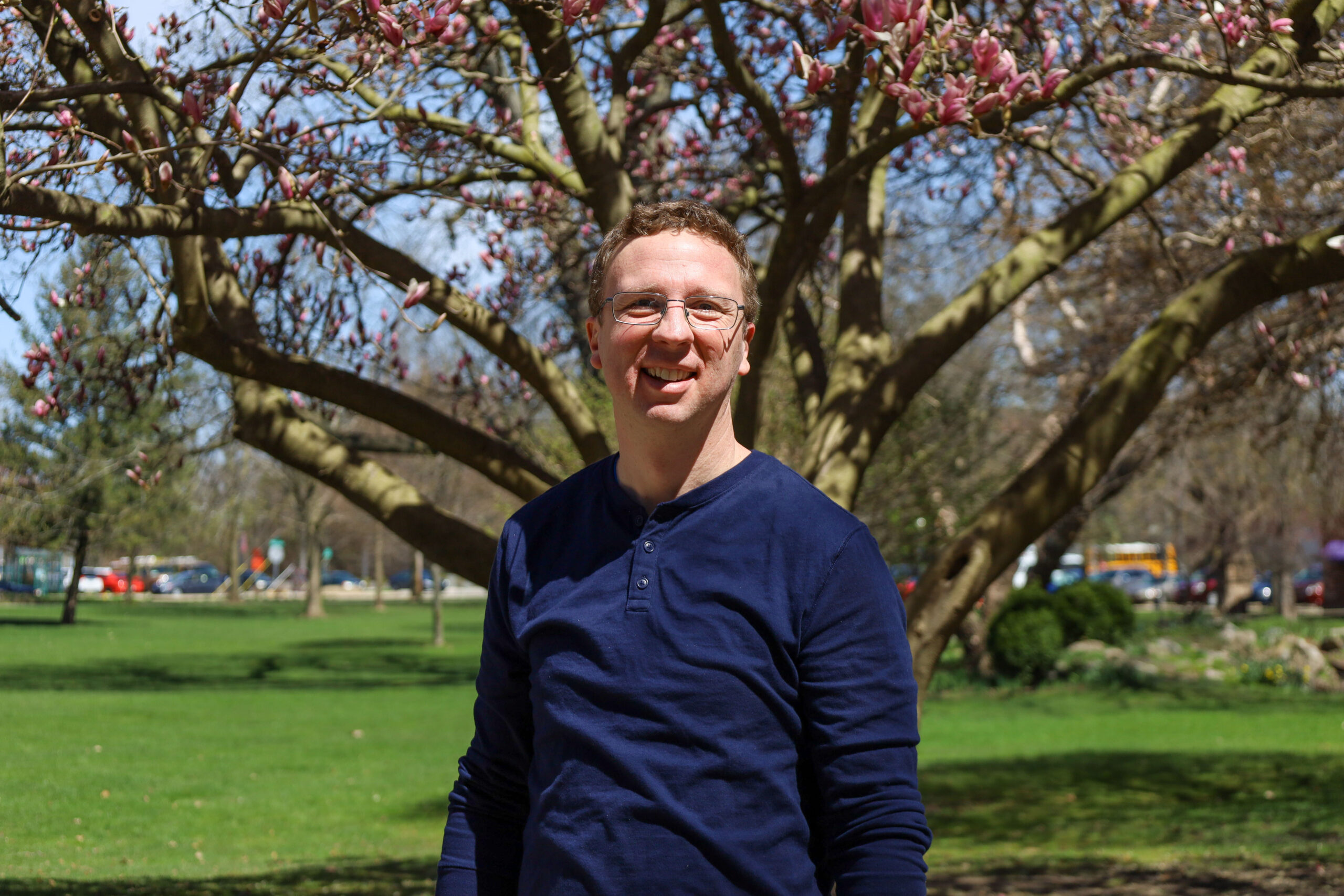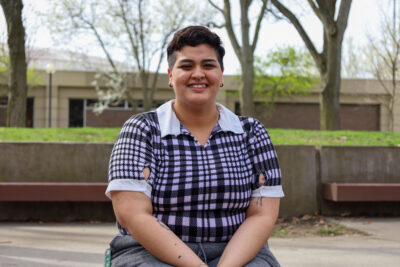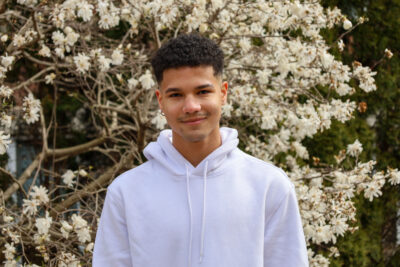During my high school years, I was eager to attend Goshen College. I looked forward to being a student at a unique, progressive-minded, countercultural, distinctly Mennonite school, where I could receive a quality liberal arts education. My high ideals had been formed through a combination of the so-called “core values” the institution claimed to hold, and the stories I had heard from young alumni regarding the vibrant, open community resultant of Goshen’s ethos. My dreams have not been entirely shattered since coming to Goshen, but I have realized not only that my ideals did not align with reality, but also that the disconnect between the institution’s ideals and reality is significant.
College students are, in general, perceptive beings, and when the ideals defined by the core values do not align with the practices of the school, students realize it. One of the more disappointing realities of this school this year (to me) has been the shortened weekend hours at the wonderful Herold and Wilma Good Library. I personally was shocked that this institution would cut funding to the library above other programs, such as athletics.This is an academic institution, as opposed to an athletic institution, as I understand it. Although I am sure that there is an extremely logical reason (e.g. enrollment) that the athletic departments continue to get massive amounts of funding, and I understand that such opportunities permit students to attend who would not have been able to afford college otherwise, I feel that a college should focus on academics more.
Indeed, we have “passionate learning” as a core value, not “competitive athleticism.” Allowing the library to be open for several more hours on the weekends would, in my opinion, encourage passionate learners. Additionally, although I have collected no data to support this hunch, reducing library hours to only three hours in the afternoon on Saturdays and remaining closed until 6 p.m. on Sundays may encourage students to pursue nonacademic endeavors on the weekends.
I would also like to critique the idea that a vibrant community exists on this campus that has characteristics of compassionate peacemaking, servant leadership, global citizenship, and Christ-centeredness. What the campus as a whole seems to be missing is the recognition that these values are radical, countercultural values to uphold and live by. From my perspective, and my Mennonite background, the participation in national rituals (nation worship), such as singing the national anthem or holding a nation’s flag as a symbol of allegiance are incompatible with peacemaking, the core of Jesus’ teachings, global citizenship, and servant-hood.
I believe that Goshen College has been and should continue to be a unique school among the abundant mainstream liberal arts colleges, and that being hospitable does not need to mean compromising our history in the story of Anabaptism. I encourage people who care about this issue to be more creative when thinking about how we can be more hospitable to people of different backgrounds.
I would finally like to question where this elusive “Goshen community” might still exist. I rarely observe it in the dining hall, where the fairly exclusive cliques that are so present on this campus are most obvious. I rarely observe it when I have visited the sterile halls of the apartment complex, with its locked doors and isolated rooms. I rarely observe it on the weekends, when the dorm halls, connectors, and sidewalks of campus become mysteriously vacant. I do not see community restoration as actually manifested in the processing of community standards violations. I would like to challenge students to look for glimpses of meaningful, community-building activities, contribute to them, and instigate a creative, connection-building atmosphere.
Call me an idealist, but I dream of a campus community that is more open and inclusive of people regardless of ethnicity, class, gender, sexual orientation, and all other divisions that we as humans perceive. While I have sometimes considered leaving, I have somehow grown to love this place enough to struggle with its faults. I try to do what I can to seek out, as well as further, the vitality of our community. I welcome all members of this campus, including myself, to live up to the high ideals this campus has traditionally embodied.


